KERI researchers develop high-capacity Li-metal battery with improved rate performance and stability
Green Car Congress
AUGUST 30, 2022
A research team at Korea Electrotechnology Research Institute (KERI) has developed a high-capacity Li-metal battery with improved rate performance and stability using a one-dimensional Li-confinable porous hollow carbon host. However, these hosts suffer from unwanted Li growth on their surface (i.e., Kang et al.

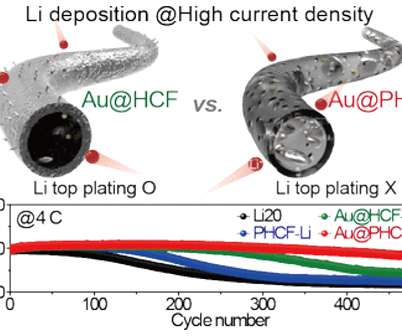
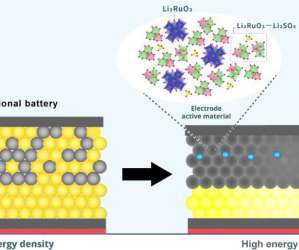


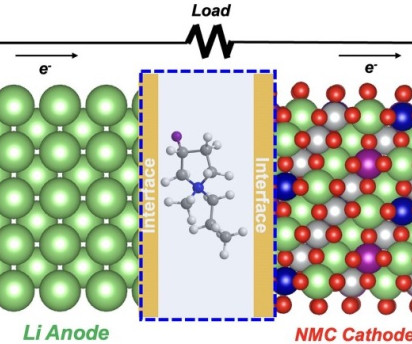
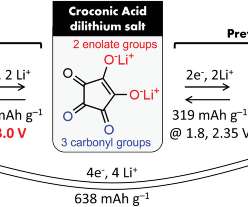


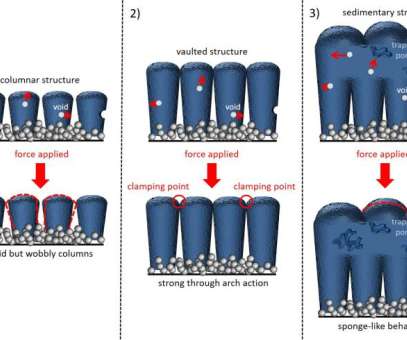

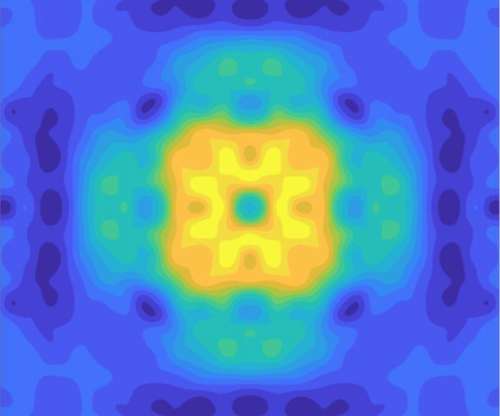









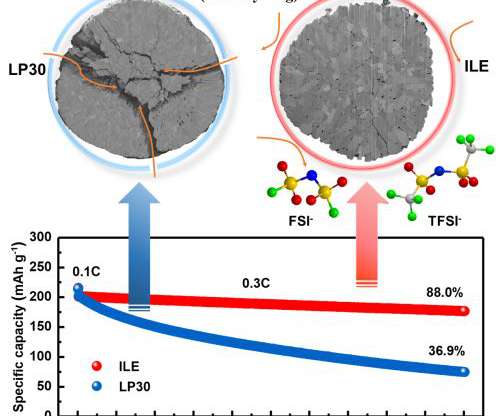


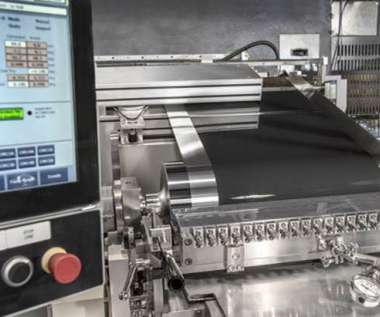















Let's personalize your content